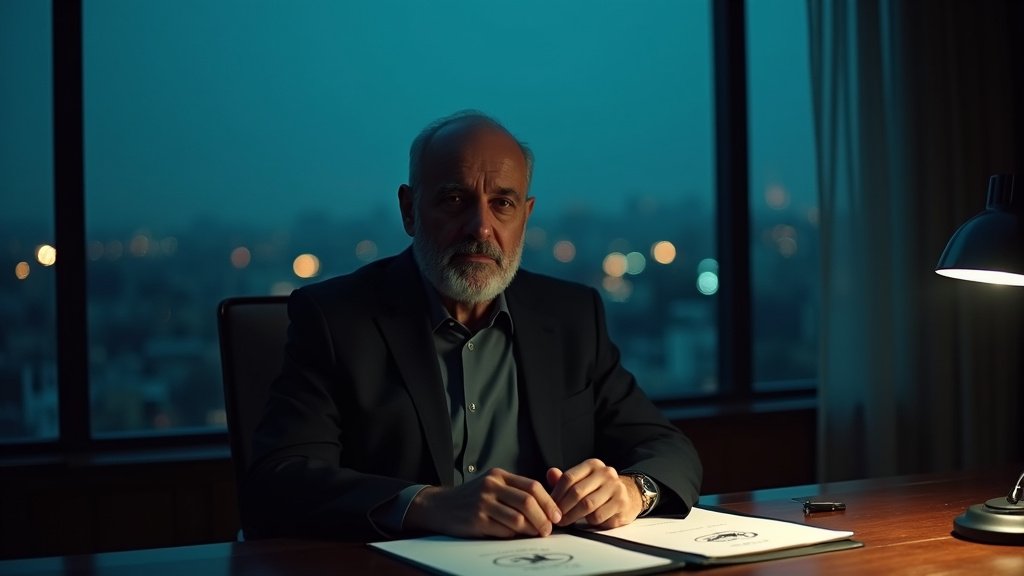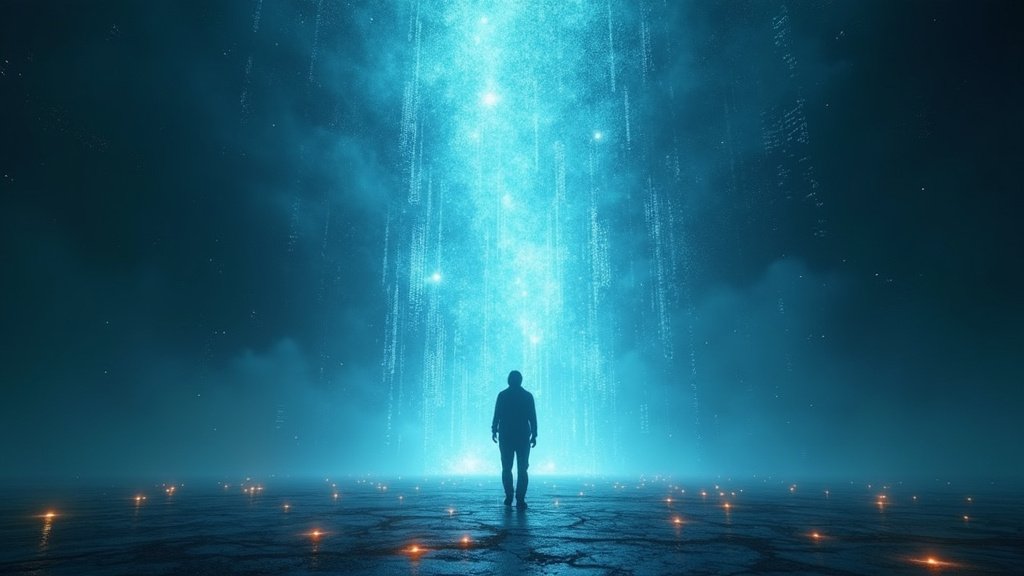In an exclusive interview with PBS News Weekend, Iran’s top nuclear negotiator issued a stark warning: the nation’s nuclear program “can never be destroyed.” This declaration comes as a raft of United Nations sanctions have been reimposed, significantly ratcheting up international pressure on Tehran.
UN Sanctions Reinstated Amid Diplomatic Stalemate
Late on Saturday, September 27, 2025, global sanctions against Iran officially snapped back into place. This measure followed the UN Security Council’s rejection of a last-ditch effort, spearheaded by China and Russia, to delay their implementation. The reimposition was triggered by Britain, France, and Germany, who accused Iran of “significant non-performance” of its nuclear commitments. The sanctions, originally lifted under the 2015 Joint Comprehensive Plan of Action (JCPOA), aim to freeze Iranian assets abroad, penalize ballistic missile program development, and ban the sale or transfer of conventional weapons. This marks a significant escalation after years of complex negotiations and previous US unilateral sanctions.
Exclusive Insights from Iran’s Top Negotiator
Ali Larijani, head of Iran’s Supreme National Security Council and the country’s chief nuclear negotiator, detailed Iran’s defiant stance in a candid interview with PBS Frontline correspondent Sebastian Walker. Larijani asserted that Iran’s nuclear ambitions are insurmountable, stating unequivocally, “Iran’s nuclear program can never be destroyed”. He further warned that if the “snapback” sanctions were enforced, Iran would cease its cooperation with the International Atomic Energy Agency (IAEA). This threat signals a potential end to international oversight of Iran’s nuclear facilities, a critical component of the previous non-proliferation efforts.
Geopolitical Ramifications and Failed Diplomacy
The renewed sanctions are set against a backdrop of heightened regional tensions and failed diplomatic overtures. Negotiations with European nations to avert the sanctions ultimately collapsed, paving the way for their immediate reinstatement. This development follows a tumultuous period, including a significant US-Israeli bombing campaign against Iranian nuclear facilities in June 2025, which Larijani described as having rendered negotiations a “farce”. Despite international pressure and Iran’s denial of pursuing nuclear weapons, the UN Security Council’s decision underscores a global consensus that Tehran has not met its obligations.
Economic Hardship Grips Ordinary Iranians
The reimposition of sanctions is poised to inflict severe damage on an already strained Iranian economy. The nation’s currency, the rial, has plummeted to a record low, trading around 1.12 million to the US dollar on the black market. Citizens are reportedly struggling to afford essential goods as prices surge due to the devaluation. Economists predict that the sanctions will compound existing challenges of high inflation and deepening infrastructure problems, leading to a significant decline in the standard of living.
A Critical Juncture for Iran and the World
This exclusive interview and the immediate impact of the UN sanctions highlight a critical juncture for Iran and its international relations. The unfolding events are among the most significant global happenings in recent times, generating considerable international attention. The collaboration between PBS Frontline and The Washington Post on an upcoming documentary promises deeper insights into these complex dynamics. As Iran braces for intensified economic pressure and maintains a firm stance on its nuclear program, the international community watches closely for further escalations or potential diplomatic breakthroughs. The situation remains highly fluid, with the potential for cascading effects across the Middle East and beyond.
In conclusion, Iran’s top nuclear negotiator’s unyielding message, coupled with the stringent new UN sanctions, signals a period of profound challenge and uncertainty. The nation’s insistence on the invincibility of its nuclear program and the harsh economic realities facing its people paint a complex picture of a country navigating a precarious geopolitical landscape.





